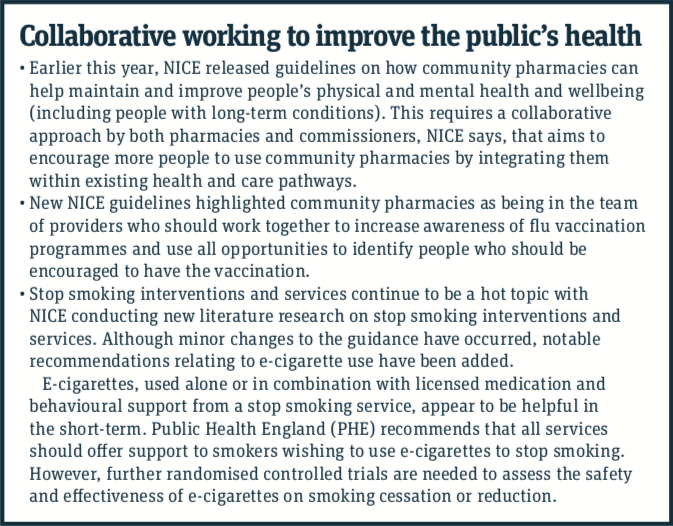Tofacitinib is the first of a new class of drugs for treating psoriatic arthritis that can be used after two conventional disease-modifying antirheumatic drugs (DMARDs), or after treatment with a TNF-alpha inhibitor following two conventional DMARDs.
Ixekizumab is a biological therapy recommended by NICE for treating psoriatic arthritis. NICE concluded it is likely to be as effective at improving symptoms as some of the current treatments for psoriatic arthritis in some groups of people.
As the most cost-effective treatment option, NICE recommends that ixekizumab be used after two disease-modifying antirheumatic drugs as the first biological therapy, or after treatment with a TNF-alpha inhibitor.
NICE quality standards were added to the guidance for rheumatoid arthritis (RA) in adults. These define the parameters around referral, treatment and self-care, including timelines and an annual review with rheumatology. Adults with active RA should be treated to achieve remission or low disease activity where remission cannot be achieved.

Alzheimer’s and dementia
Guidelines covering diagnosing and managing dementia (including Alzheimer’s disease) were issued by NICE. Treatment guidance has been updated in relation to monotherapies and how and when treatment should be initiated.
Monotherapy with the acetylcholinesterase (AChE) inhibitors donepezil, galantamine and rivastigmine are recommended as options for managing mild to moderate Alzheimer’s disease. Memantine monotherapy is recommended as an option for managing people with moderate Alzheimer’s disease who are intolerant of or have a contraindication to AChE inhibitors, or have severe Alzheimer's disease.
For people not already taking an AChE inhibitor or memantine, prescribers should only start treatment on the advice of a clinician who has the necessary knowledge and skills.
